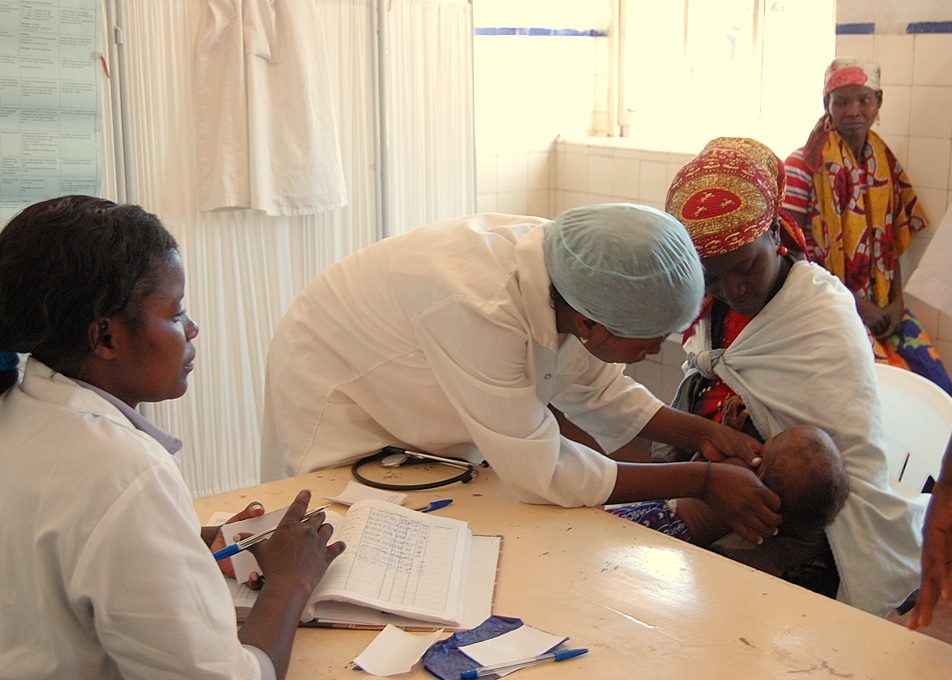Providing Guidance on Governing for Quality in Health Care

Photo Credit: USAID/Angola/Alison Bird
Improving the quality of patient-centered health services is paramount to delivering on the promise of universal health coverage (UHC). While countries seek to expand access to affordable care, working towards the goal of UHC, we need to provide greater attention to ensuring quality care.
In a survey of over 100 government officials from nine Joint Learning Network (JLN) member countries, the desire to improve the quality of health care in the wake of significant UHC reforms, emerged as a priority—in particular, creating the institutional architecture (roles, responsibilities, and relationships) needed for the governance of quality.
Together with the JLN, the Institute for Healthcare Improvement, and the World Health Organization, the USAID, and USAID-funded Health Finance and Governance (HFG) and Applying Science to Improve Systems (ASSIST) projects have collaborated to explore the challenges and successful experiences of governing quality at the national and subnational levels. The Governing for Quality activity responds to countries’ expressed need for guidance, and international attention to including quality considerations in UHC approaches.
By reviewing and documenting global experiences in institutional relationships for governing quality in the health sector, and providing guidance on success factors in structuring institutional roles, responsibilities, and relationships, HFG and its partners hope to provide practical tools to be used by country practitioners to improve governance to enable, foster, and ensure quality health services.
The activity has generated a number of important new resources to help countries seeking to develop new governance structures and or improve existing structures when governing for quality.
Learn more about the activity and access the reports and case studies →



